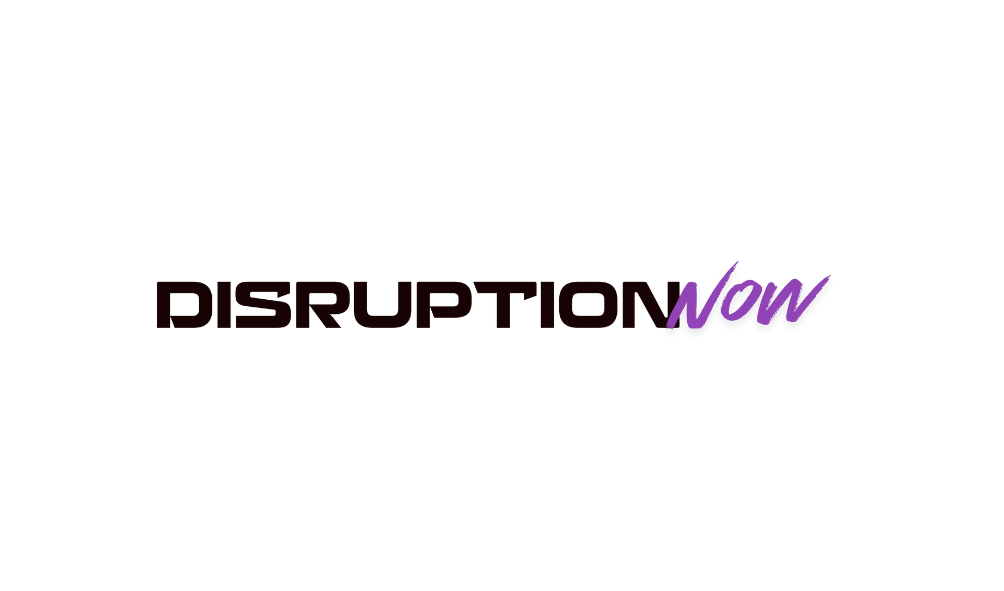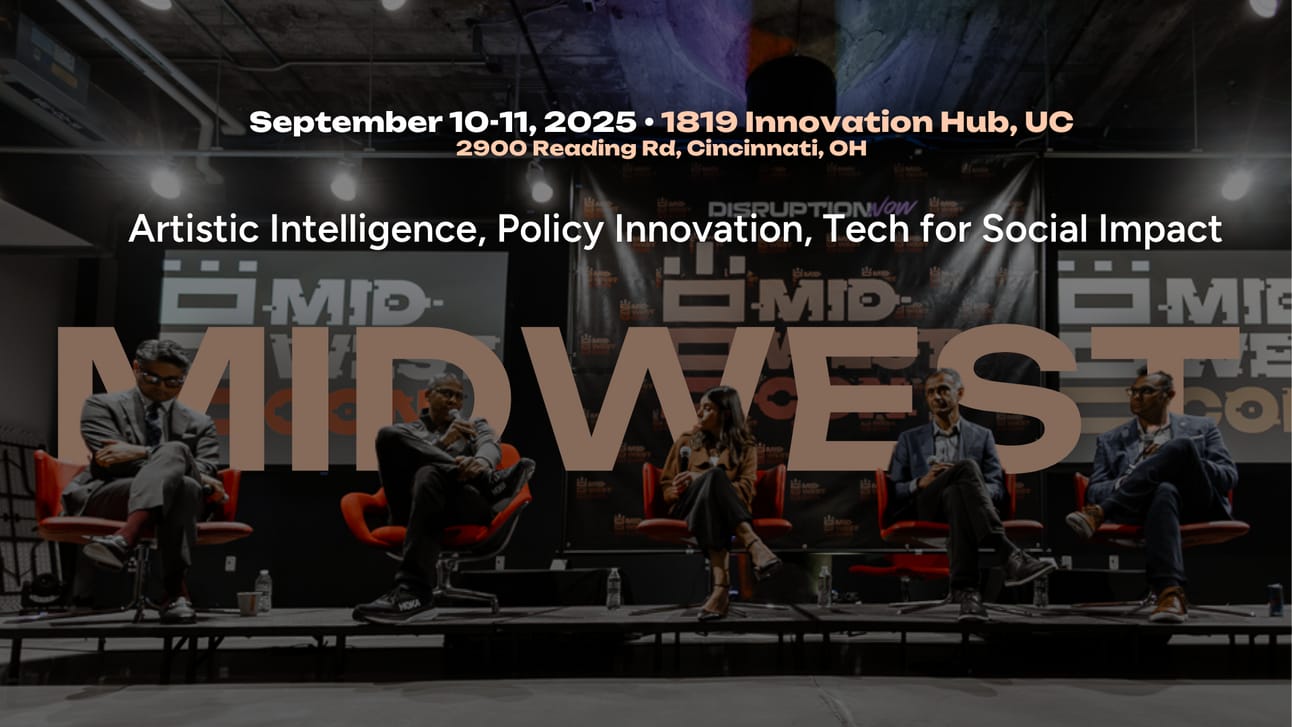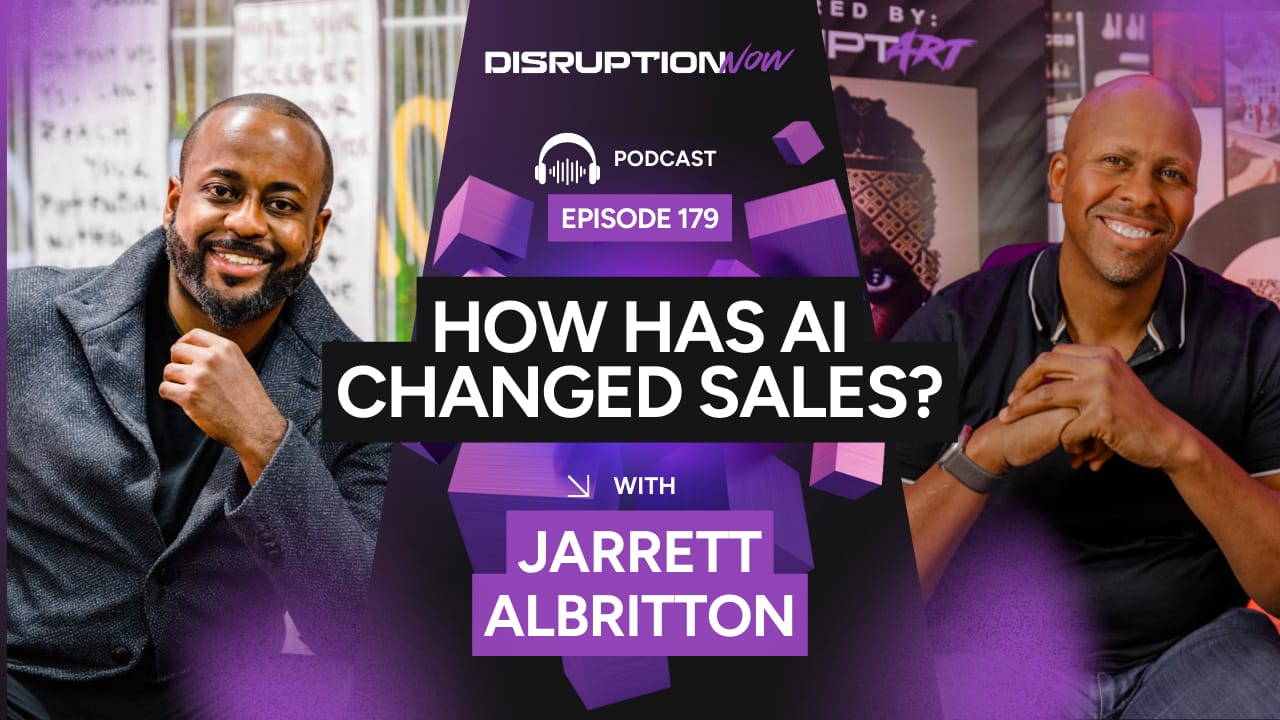- Disruption Now's Newsletter
- Posts
- From Apps to Algorithms — Why the Old Startup Playbook No Longer Works
From Apps to Algorithms — Why the Old Startup Playbook No Longer Works

Table of Contents
I’ve had a front-row seat to two massive waves of technological disruption.
The first came with the rise of software startups in the 2000s and 2010s. That era gave us Facebook, Uber, and Airbnb — built on speed, code, and clever growth hacks. But now, we’re entering a new frontier: the AI era. And with it, the rules of success are shifting.
Many of the playbooks that worked a decade ago are breaking down. Meanwhile, new principles are emerging — often quietly, but radically. So this week, I’m sharing the 5 new rules of scaling in the age of AI — not just trends, but fundamental shifts in how companies grow, build, and win.
Let’s get into it.
1️⃣ From Code as Moat to Data as Moat
In the software era, your edge was your code. The team that could build the best product, with the slickest UX or most addictive features, won.
Today? That edge is eroding.
In AI, it’s not just about what you build — it’s about what your model learns. Proprietary datasets have become the deepest moat. The companies pulling ahead are training on unique, high-quality, often exclusive data sources.
That’s why Waymo’s real edge isn’t just in software—it’s in the over 7 million autonomous miles its cars have driven across cities like Phoenix and San Francisco. This data advantage enables Waymo to train and refine its AI systems beyond what many competitors can replicate.
New Rule: Code can be copied. Data can’t.
2️⃣ From “Move Fast” to “Scale Responsibly”
Startups used to live by the mantra: “Move fast and break things.” In many ways, it worked. Speed was your weapon.
But with AI, breaking things can mean breaking trust — or breaking society. Misinformation, bias, hallucinations — these are more than bugs; they’re risks.
That’s why AI-native companies are now building alignment teams, adding model governance, and implementing ethical review processes. Scaling too fast without oversight carries both reputational and regulatory consequences.
New Rule: Speed still matters, but responsible speed wins.
3️⃣ From Cloud-Native to Model-Native
In the 2010s, cloud-native architecture was the backbone of scaling. DevOps, microservices, and continuous delivery — these were the tools of digital transformation.
But in 2025, being model-native is the new baseline.
That means optimizing inference, fine-tuning foundation models, implementing retrieval-augmented generation (RAG), and orchestrating multi-model workflows. Companies that treat models as core infrastructure — not just endpoints — will scale smarter.
New Rule: Your new stack starts with the model, not the server.
4️⃣ From Attention to Intelligence
Marketing used to be about grabbing attention — clicks, likes, and shares. Funnels were designed, tested, and optimized for mass engagement.
Now, it’s about understanding.
AI enables brands to shift from mass marketing to hyper-personalized, intent-driven engagement. Agents can now qualify leads in real time. Content is generated, optimized, and deployed across channels faster than ever. Tools like Jasper and Synthesia are redefining what modern marketing looks like.
New Rule: Don’t just capture attention. Predict intent.
5️⃣ From Engineers - Only Teams to AI-Native Teams
Startups used to scale by hiring coders, growth hackers, and PMs. The best teams were full-stack, agile, and lean.
But today, scaling with AI requires something different: AI fluency.
The strongest teams include prompt engineers, AI ethicists, model trainers, and AI-native creatives. These aren’t future roles — they’re current necessities. Companies not hiring for them now will fall behind.
A Capgemini report found that nearly 70% of leaders believe generative AI is already creating brand new roles — and reshaping team structures across industries.
New Rule: AI-first companies need AI-first people.
My Disruptive Take
If you’re still using the startup playbook from 2013, you’re scaling with expired rules.
The companies winning today are rewriting the script: designing systems around intelligence, not just code; prioritizing governance alongside growth; and building with models, not just microservices.
This is more than a shift in tools — it’s a shift in mindset.
The founders, builders, and creators who embrace these new laws will shape what comes next.
Learn about MIDWESTCON 2025

MidwestCon 2025: Where Innovation Meets Inclusion
Mark your calendars! MidwestCon 2025 will take place this September. It will bring innovators, policymakers, and visionaries together to ensure that emerging technologies like AI remain accessible and human-centric.
📅Pre-Conference Activities: September 9
📅Main Conference: September 10-11
📍1819 Innovation Hub, Cincinnati, OH
The Disruption Now Podcast
Keep Disrupting My Friends,
Rob, CEO of Disruption Now & Chief Curator of MidwestCon
You’ve heard the hype. It’s time for results.

After two years of siloed experiments, proofs of concept that fail to scale, and disappointing ROI, most enterprises are stuck. AI isn't transforming their organizations — it’s adding complexity, friction, and frustration.
But Writer customers are seeing positive impact across their companies. Our end-to-end approach is delivering adoption and ROI at scale. Now, we’re applying that same platform and technology to build agentic AI that actually works for every enterprise.
This isn’t just another hype train that overpromises and underdelivers. It’s the AI you’ve been waiting for — and it’s going to change the way enterprises operate. Be among the first to see end-to-end agentic AI in action. Join us for a live product release on April 10 at 2pm ET (11am PT).
Can't make it live? No worries — register anyway and we'll send you the recording!
